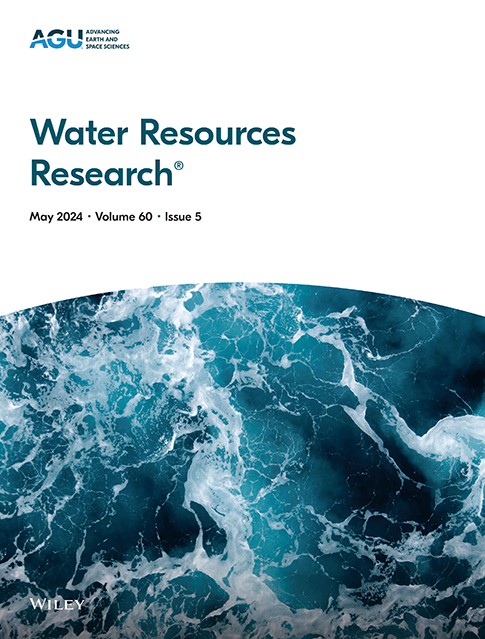Sea-Level Rise, Drinking Water Quality and the Economic Value of Coastal Tourism in North Carolina
IF 4.6
1区 地球科学
Q2 ENVIRONMENTAL SCIENCES
引用次数: 0
Abstract
We estimate the economic benefits of avoiding reductions in drinking water quality due to sea level rise accruing to North Carolina (NC) coastal tourists. Using stated preference methods and responses from recent coastal visitors, we find that tourists are 2%, 8%, and 11% less likely to take an overnight trip if drinking water tastes slightly, moderately, or very salty at their chosen destination. The majority of those who decline a trip would take a trip to another NC beach without water quality issues, others would take another type of recreational trip, with a minority opting to stay home. Willingness to pay for an overnight beach trip declines with the salty taste of drinking water. We find evidence of attribute non-attendance in the stated preference data, which impacts the regression model and estimates of the willingness to pay for trips. Combining economic and hydrological models, annual aggregate benefit losses due to low drinking water quality could be as high as $232 million by 2040.北卡罗来纳州的海平面上升、饮用水质量和沿海旅游业的经济价值
我们估算了避免因海平面上升导致饮用水质量下降给北卡罗来纳州(NC)沿海游客带来的经济效益。利用陈述偏好法和近期沿海游客的回复,我们发现,如果游客选择的目的地的饮用水尝起来有轻微、中等或非常咸的味道,那么他们选择过夜旅行的可能性会分别降低 2%、8% 和 11%。在拒绝旅行的游客中,大多数人会选择到另一个没有水质问题的北卡罗来纳州海滩旅行,其他人会选择其他类型的休闲旅行,少数人会选择留在家中。对海滩过夜游的支付意愿随着饮用水咸味的增加而降低。我们在陈述偏好数据中发现了属性不参与的证据,这影响了回归模型和对旅行支付意愿的估计。结合经济模型和水文模型,到 2040 年,因饮用水水质低而造成的年度总效益损失可能高达 2.32 亿美元。
本文章由计算机程序翻译,如有差异,请以英文原文为准。
求助全文
约1分钟内获得全文
求助全文
来源期刊

Water Resources Research
环境科学-湖沼学
CiteScore
8.80
自引率
13.00%
发文量
599
审稿时长
3.5 months
期刊介绍:
Water Resources Research (WRR) is an interdisciplinary journal that focuses on hydrology and water resources. It publishes original research in the natural and social sciences of water. It emphasizes the role of water in the Earth system, including physical, chemical, biological, and ecological processes in water resources research and management, including social, policy, and public health implications. It encompasses observational, experimental, theoretical, analytical, numerical, and data-driven approaches that advance the science of water and its management. Submissions are evaluated for their novelty, accuracy, significance, and broader implications of the findings.
 求助内容:
求助内容: 应助结果提醒方式:
应助结果提醒方式:


